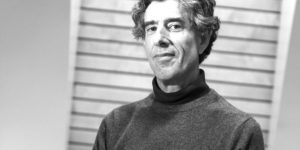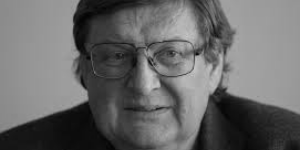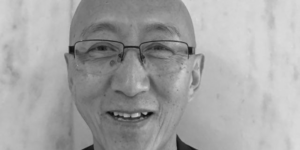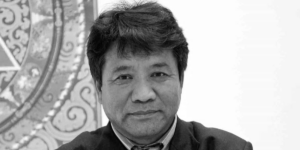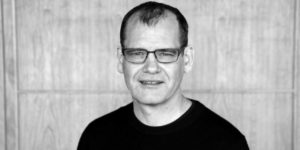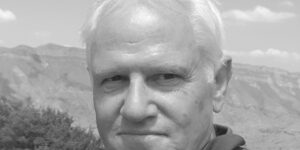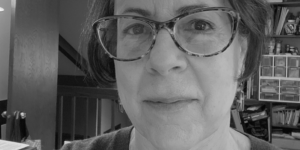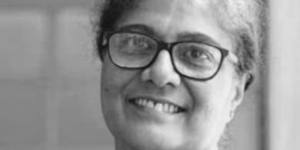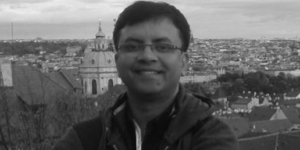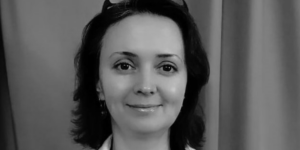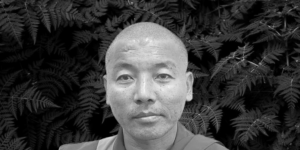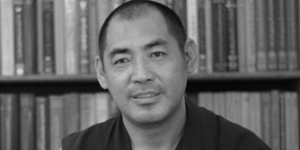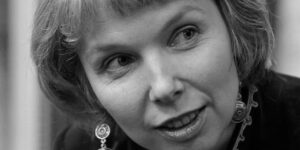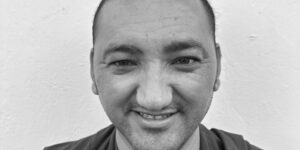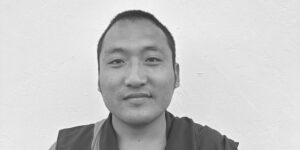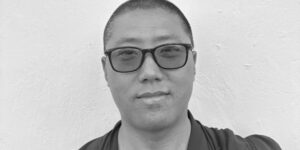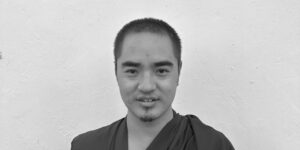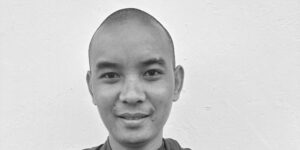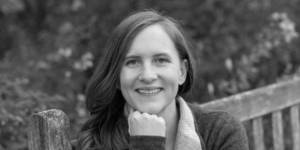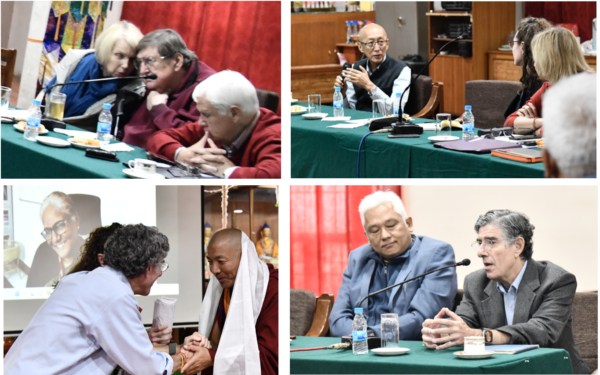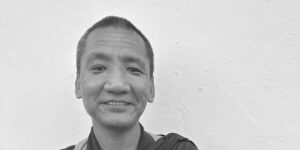(See a Tibetan language translation of excerpts from this webpage here.)
As researchers around the globe study the process of dying and gain a deeper understanding of the cultural and religious context of death, labels of being "alive" or "dead" fail to capture the complex processes that many cultures and faiths believe actually exist on a continuum.
A global community of field researchers are collaborating on a study of an ancient postmortem meditative state known as tukdam, entered by present-day expert Tibetan Buddhist practitioners and how practices through which the state is entered might offer insight into mental, spiritual, and physical well-being during the death process, both for the dying and for their support community.
The first attempt of data collection occurred in September 2008 with the passing of the 100th Gaden Tripa, Lobsang Nyima Rinpoche, who remained in the tukdam state for 18 days.
History of The Tukdam Project
This ongoing research investigation began in 1995, during a conversation between affective neuroscientist Richard Davidson and His Holiness Tenzin Gyatso, the XIV Dalai Lama, at a Mind & Life Dialogues event in Dharamsala, India. The Dalai Lama described the passing of his former tutor and the 97th Gaden Tripa (head of the Geluk school of Tibetan Buddhism), Kyabje Yongzin Ling Rinpoche (1903 - 1983), who passed in a state called tukdam. He described tukdam as a meditative state achieved at the time of death, where the practitioner gains ultimate realization into the fundamental nature of mind and shows a delay in the normal timeline of physiologic processes typical after death.
Ling Rinpoche remained in the state for 13 days, exhibiting a fresh life-like appearance in the humid subtropical climate of Dharamsala until the thirteenth day when initial decompositional signs appeared. When the tukdam state is released, it is said the consciousness departs the body and the meditation on the clear light mind at death has ceased.
Featured Video
Dalai Lama Discusses Tukdam with Scientists
The Dalai Lama discusses tukdam with scientists, including Dr. Richie Davidson and Dr. John Dunne, with translation support provided by Geshe Thupten Jinpa. Event organized by Mind & Life Institute at the Dalai Lama's residence in Dharamala, India, on October 13, 2022. Recording is marked at the beginning of His Holiness' comments and continues approximately 20 minutes.
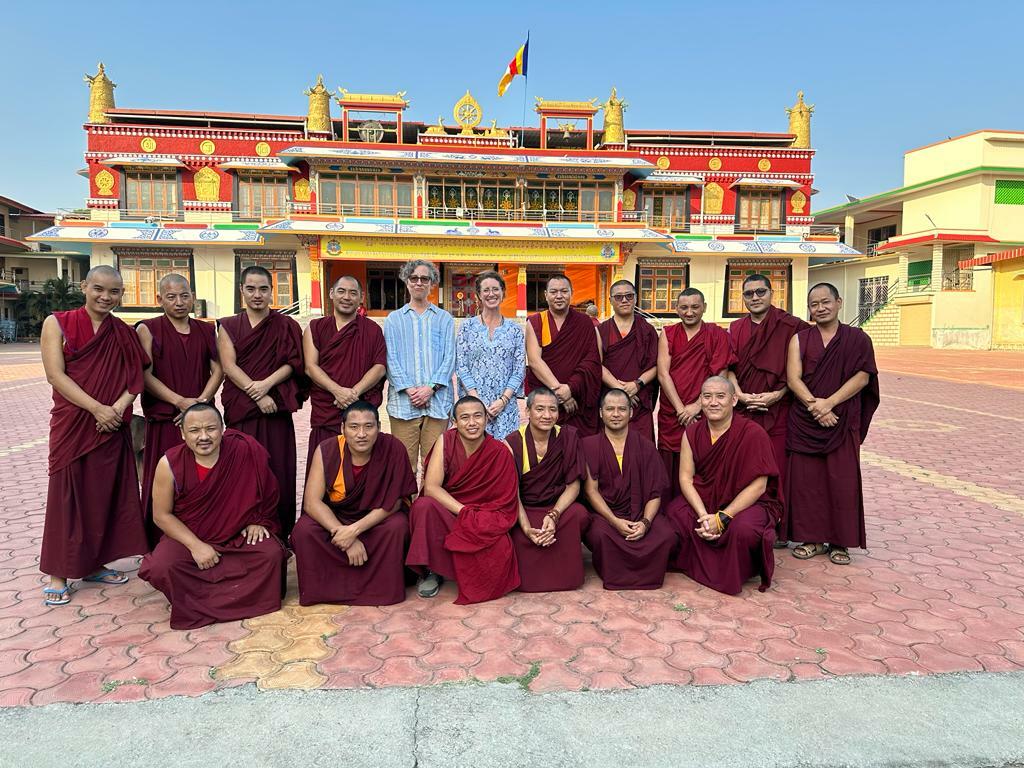
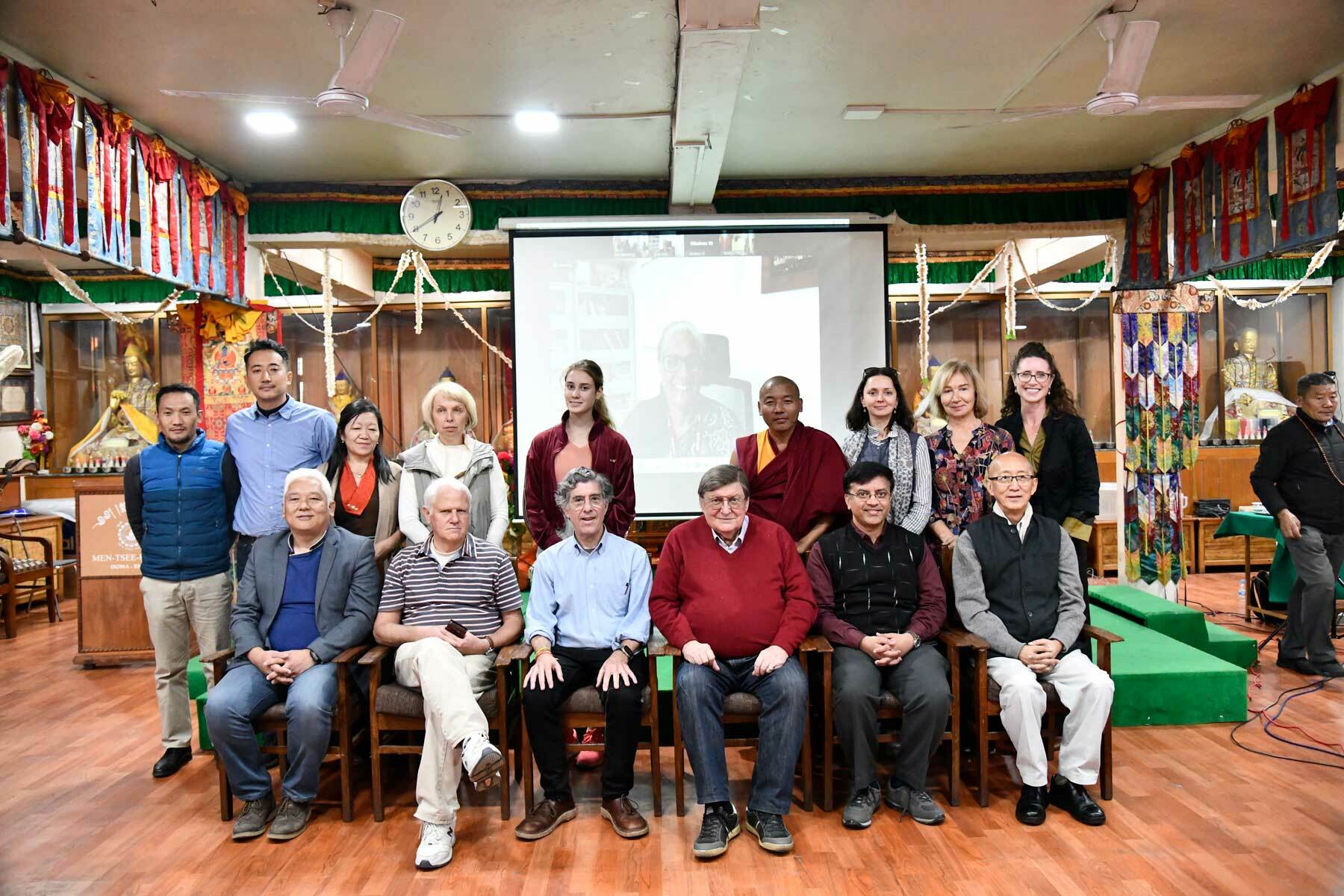
Current Study Design and Measures
The study currently primarily collects postmortem data for the postmortem phase of our study design. However, historically we have conducted, and post-pandemic we are implementing again, all three of our phases. The data for these three phases are collected either sequentially (as a full cycle long term study) or in parallel (as partial studies of different phases with different subjects), including living baseline, perimortem, and post-mortem phases.
Phase III is currently active, with plans for data collection in Phases I and II to resume again soon.
Meet the International Research Team




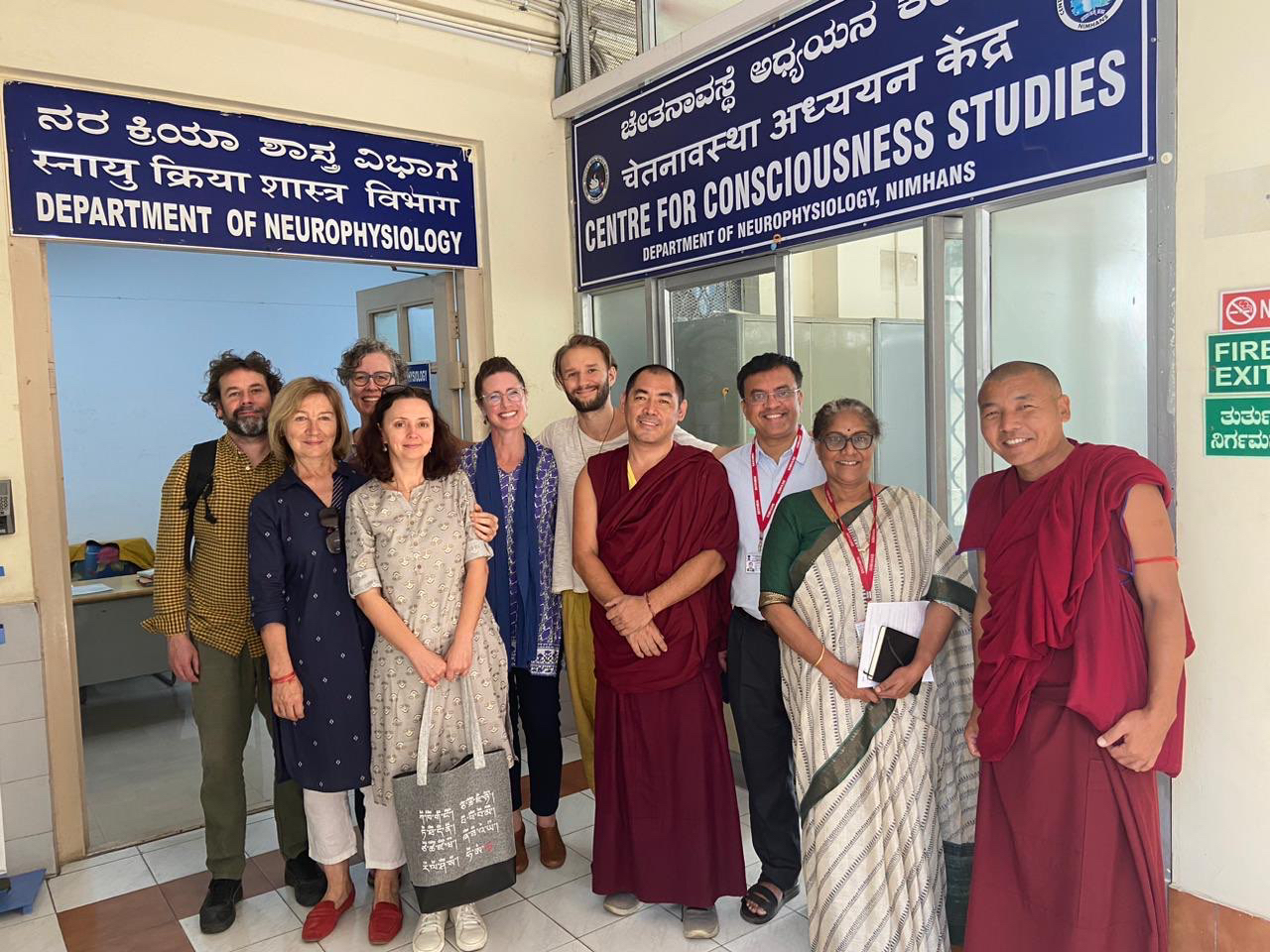
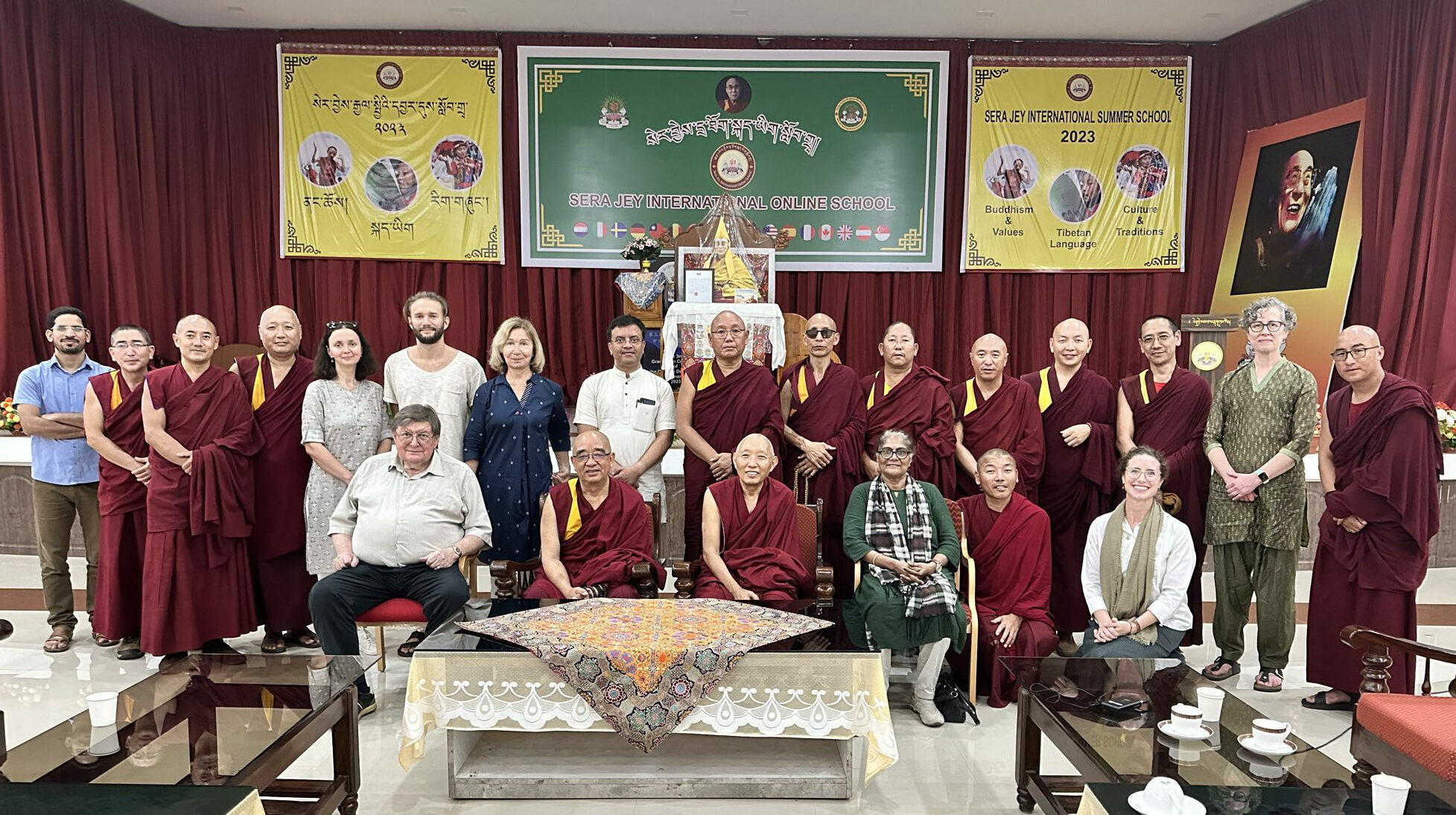
In addition to Center for Healthy Minds, collaborating organizations include:
Study directorship team members* include:
- Project Administrative Director: Telo Rinpoche; Associate Directors and Field Supervisors: Geshe Ngawang Norbu (Unit A) and Geshe Lodoe Sangpo (Unit B)
Principal Investigators (PIs): Dr. Richard Davidson and Prof. Svyatoslav Medvedev
Principal Advisors: Dr. Tsetan Dorji Sadutshang and Dr. Tsewang Tamdin
Forensic Field Co-PIs: Dr. Leslie Eisenberg and Dr. Alexander Fedotov
Consciousness Collaborating Researchers: Dr. Bindu Kutty and Dr. Ravindra Nagendra
Project leads: Dr. Tawni Tidwell (CHM) and Dr. Elena Kokurina (Russian side)
Research Support Core Director Dr. Robin Goldman and EEG Specialist Dr. Julia Boytsova
View a PDF of the full team here.
Featured Videos on Studying Tukdam
"Understanding Tukdam" Stanford Talk by Dr. John Dunne
Dunne introduces what tukdam means, tantric theory related to entering the tukdam state, and the Tukdam Study in his talk "Between Life and Death: Understanding Tukdam," Tibetan Buddhism Lecture Series, The Ho Center for Buddhist Studies at Stanford, February 2023
Conversation on Lessons from Post-Death States for Living and Dying Well
Summary
The interdisciplinary nature of this research makes it scientifically significant across several areas of study including neuroscience, forensics, human biology, anthropology, and Buddhist studies. From the Tibetan perspective, tukdam can illustrate an epitome of a lifetime of advanced practice investigating the fundamental nature of mind.
Learn More About the Importance of This Science
Support the Tukdam Project
The Tukdam Project relies on generous contributions from donors. By making a gift to the Tukdam Project today, you will help support the following goals:
Make a Gift
Publications, Media and References
Publications related to Tukdam
- Delayed decompositional changes in indoor settings among Tibetan monastic communities in India: A case report, Forensic Sci. Int. Rep., Tidwell et al. (2024)
Life in Suspension with Death: Biocultural Ontologies, Perceptual Cues, and Biomarkers for the Tibetan Tukdam Postmortem Meditative State, Cult Med Psychiatry, Tidwell (2024)
Thanato-technics: Temporal Horizons of Death and Dying. Cult Med Psychiatry, Lott (2024)
No Detectable Electroencephalographic Activity After Clinical Declaration of Death Among Tibetan Buddhist Meditators in Apparent Tukdam, a Putative Postmortem Meditation State, Frontiers in Psychology, Lott et al. (2021)
Re-Examining Death: Doors to Resilience and Wellbeing in Tibetan Buddhist Practice, Religions, Namdul (2021)
The Biographical Process of a Tibetan Lama, Ethnos, Zivkovic (2010)
Death and Reincarnation in Tibetan Buddhism: In-Between Bodies, Routledge, Zivkovic (2014)
Facilitating an Ideal Death: Tibetan Medical and Buddhist Approaches to Death and Dying in a Tibetan Refugee Community in South India, PhD dissertation, Emory University, Namdul (2019)
Resting Between Worlds: The Ontological Blurrings of Tukdam, Master of Arts Thesis, University of California, Berkeley, Coleman (2017)
People Working on This Study
